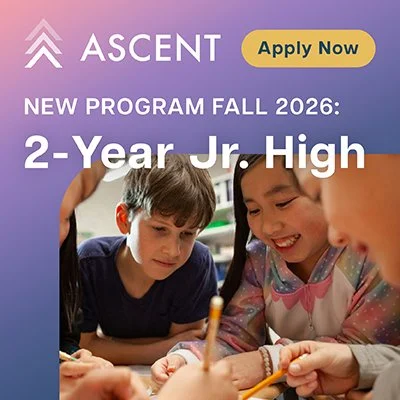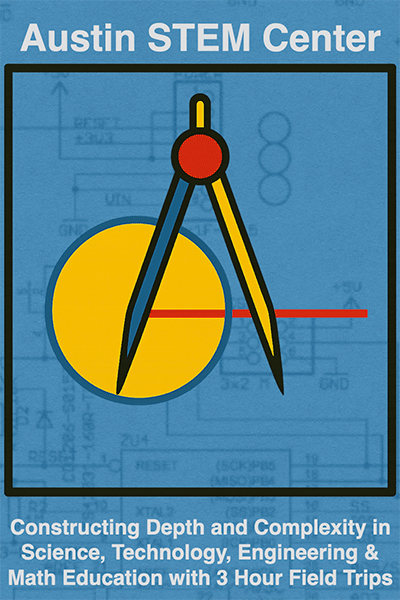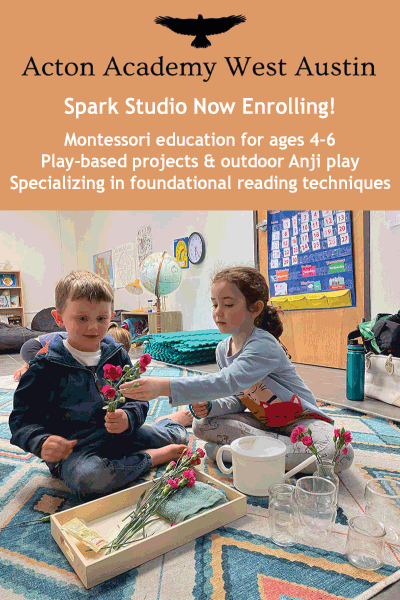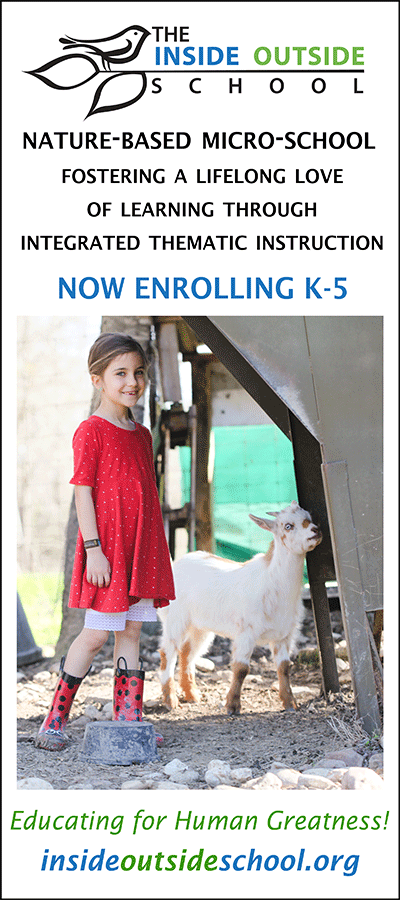Let’s be real people
/Melissa Menzes, an occupational therapist and founder of Extra Credit! LLC, is whole-heartedly dedicated to helping school-aged kids and families dealing with “hidden disabilities.” She has been successful in best treating children for nearly 15 years and is excited to offer a new specialty OT/educational facility here in central Texas. She joins our blog by sharing some of her own experiences with overcoming neurological dysfunction and early learning challenges.
As a pediatric occupational therapist, I frequently get asked certain questions from concerned parents on their first or second visit with me. It is all too often that I hear “Will he outgrow this?” or “Can this be fixed?” The underlying sentiment seems to be “Will my child ever be normal?” My answers to these heartfelt questions generally start with something like “Maybe. Time will tell. With a little bit of intervention and lots of love, understanding, and support, I think your child is going to be just fine.”
But what is normal, anyway? “Normal” is just a setting on a washing machine. I’ve seen variations of this phrase on cards, books, and social media platforms, and I really like it. Openness about being “different” in our society is becoming the new normal, and I think this might be a really good thing. I mean, how boring would we be as a culture without diversity? Nobody’s perfect. That’s a fact. We just are who we are and that’s okay. Adversities help shape us and guide our life paths, dreams, and purposes.
I have accepted the fact that I’m not what my profession would call “neuro-typical,” but I’m me, and I like that. So do my friends, family, and clients! I know that I’m doing just fine (if not better) because of my personal differences and the related support and knowledge I’ve gained over time. I think it’s of value to share my brief story in case it might help a concerned parent dealing with the stress of a new diagnosis or the worry of an uncertain road ahead.
But who am I? I am, in part, a child therapist who is passionate about helping others with unique differences and struggles. It’s something that I happen to be quite good at. I think my focus on serving families dealing with “hidden” neurodevelopmental and learning issues is primarily shaped by personal experience with certain adversities and an overwhelming drive to overcome them.
Perhaps it started for me when I had to repeat second grade in a “move-at-your-own pace” sort of Individually Guided Education (IGE) School. As emotional as it was for me to be unexpectedly separated from many of my friends, academically I moved from the bottom to the top of the class. I worked my hardest to stay there for the rest of my education until successfully graduating with honors in college. Talents in art and athletics, along with a supportive family, helped me cope with the many challenges of schooling (which I kept well hidden) and eventually led me to find an amazing career in occupational therapy. It was OT that helped me learn more about my own unique and “hidden” differences and how to best manage them.
In the early 2000s, while attending an educational workshop on helping people with dyslexia, it was discovered that I had a severe form of perceptual processing disorder called Irlen Syndrome. In short, my brain has difficulty perceiving incoming visual information. The effects of this diagnosis and my eventual treatment were astounding for me. Put simply, it changed my world!
This experience encouraged me to be more open to identifying and managing other conditions that had long remained under the radar. My postgraduate Sensory Integration certification coursework and SPD trainings helped me better understand and handle my sensory over-responsiveness. More recently, I accepted some assistance from a psychologist and counselor for some mild anxiety and attention issues that surfaced while I was starting a business. It was wonderful to see that tools I was using every day to help “my kids” could also help me heal myself.
Most people don’t recognize that I have any of these challenges until I tell them. I think this is because I’ve learned how to manage them better over time and how to leverage my many strengths. I’m beginning to realize that it’s okay to be open about who I really am and how I am different—i.e., a real human being, imperfect and completely normal! It not only helps me heal through a feeling of self-acceptance but also provides some extra encouragement to families of children battling similar issues.
Part of my mission as a therapist is to help my clients see that we all have unique characteristics, none of which are “abnormal” or need to be “fixed” but that might need a little extra support, acceptance, and understanding. Everyone has at least one strength or talent. We all have a cool difference or quirk. Most of us are aware of a particular weakness or need, and every person needs a little help with something. This is normal.
I know that I have grown a lot in the face of some previously unseen adversity. I am writing now to tell you that I am happy and successful. Despite my weaknesses, I will continue to reach my goals and even perhaps some dreams because of my numerous strengths. I’d love to help support the next person or family to do the same.
To learn more about my specialty OT and developmental learning center, please check out Extra Credit! Brain & Body Programs for Kids and like us on Facebook to receive informative postings.
Keeping it weird in Austin,
“Ms. Missy”














